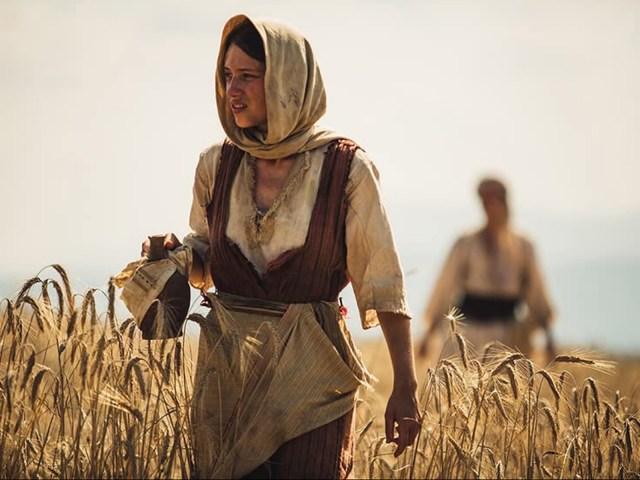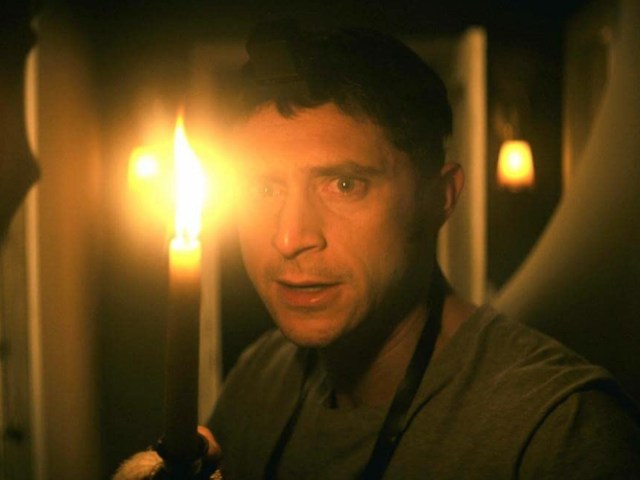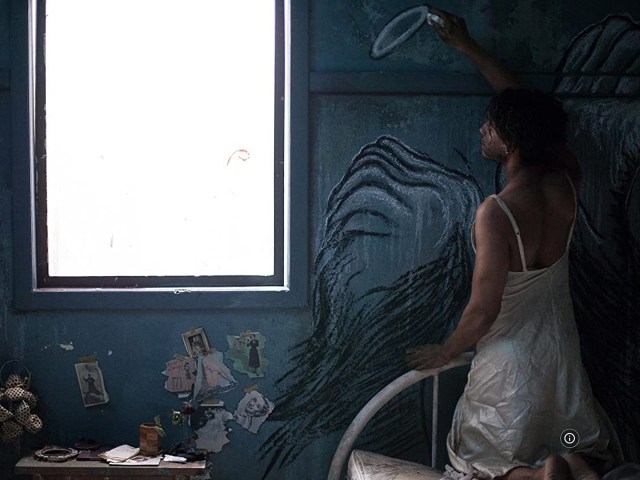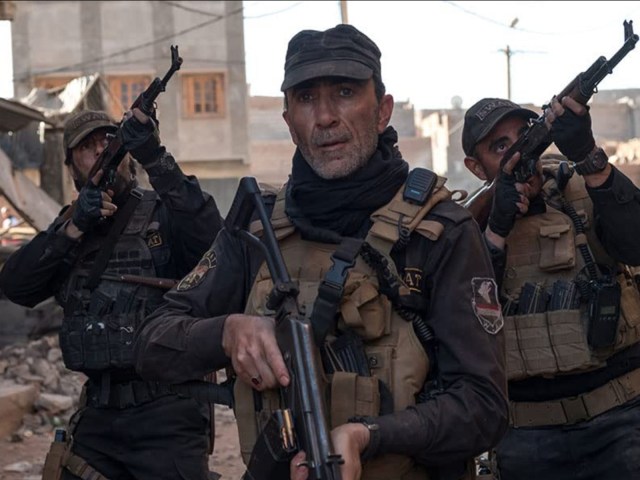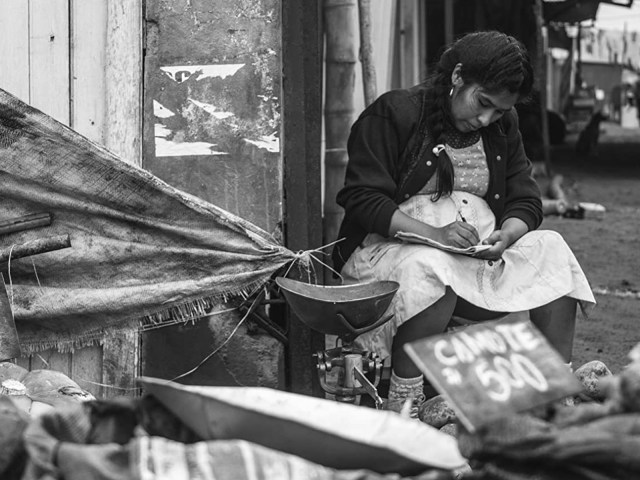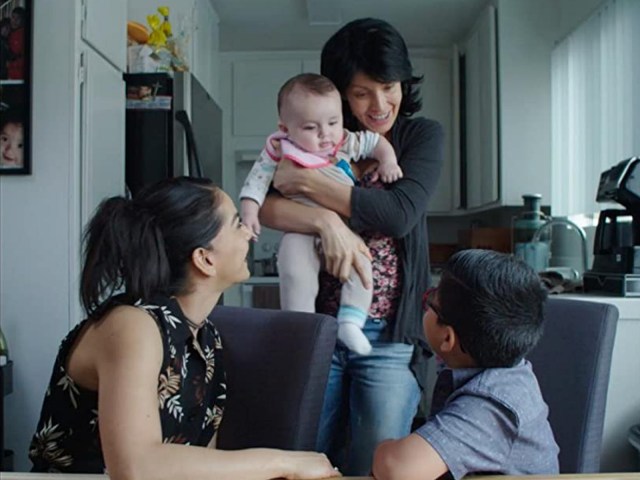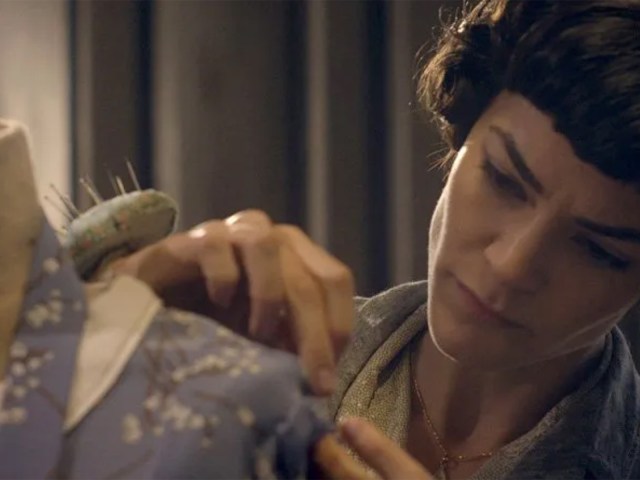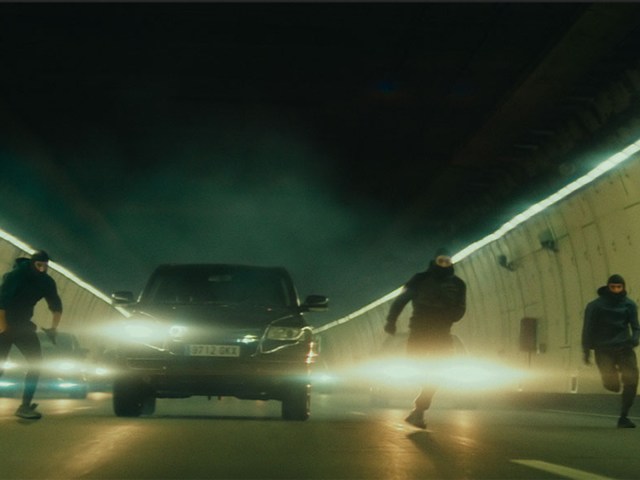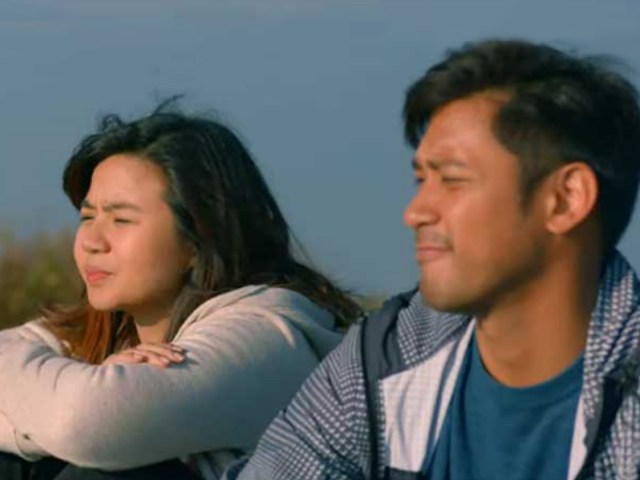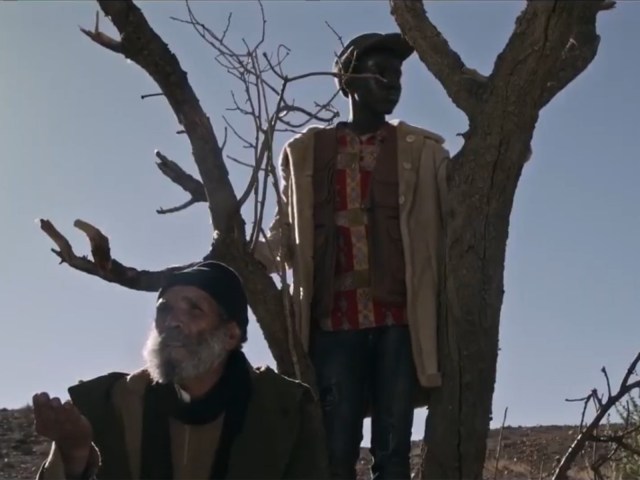The Vigil (USA)
Nearly half a century since The Exorcist won four Golden Globe awards, including Best Director and Best Motion Picture - Drama, and then also went on to became the first horror movie nominated for an Academy Award for Best Picture, the horror genre still has a certain “black sheep” reputation in too many cinema circles. It’s been embraced and explored by undeniable auteurs, from Alfred Hitchcock and Roman Polanski to Stanley Kubrick and Darren Aronofsky, but too many critics have a reductive view of the genre’s narrative trappings, often seeing only literalism rather than, in its most interesting presentations, a way to metaphorically explore both innate human fears as well as various problems and issues informing societal unease.
